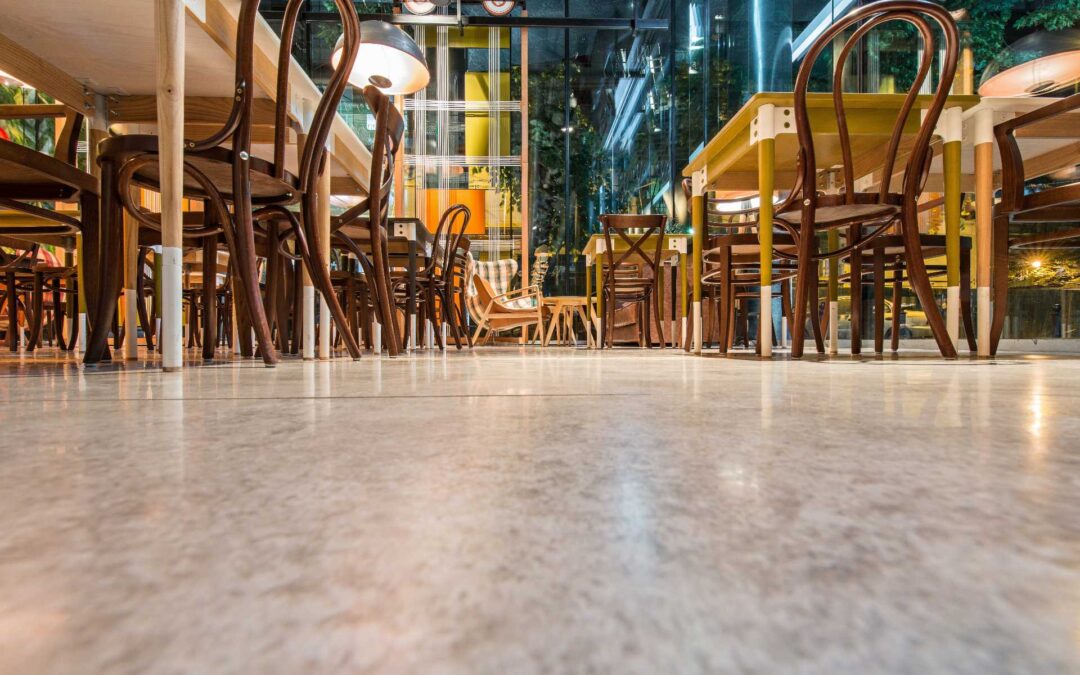We walk on them, drop things on them, and work on them, so when it comes to future-proofing a food facility floor, it’s critical to use materials that are particularly engineered to withstand the difficulties of the food business! Epoxy and polyurethane resin systems are commonly utilized in busy food facilities where the floors are subjected to physical impacts, point loading, and traffic from equipment such as highly laden pallet trolleys and forklift trucks. Of course, all of these elements can harm a floor surface, and if the coating is sprayed too thinly, difficult-to-clean fractures can emerge, increasing the danger of undesirable microorganisms.
Resistance
Epoxy resins have a low resistance to organic acids prevalent in a wide range of foods and beverages, but polyurethane systems have unmatched resistance to corrosion, inorganic, alkalis, organic alkalis, and solvents.

Tolerance
Polyurethanes are excellent at withstanding heat, cold, and thermal stress. Epoxies, on the other hand, are stiffer by nature and may move with a concrete base when subjected to temperature changes. A normal two-pack, 100 percent solids epoxy coating does have high thermal stability of up to 65 degrees Celsius, although certain PU systems can withstand 120 degrees Celsius.
This thermal shock tolerance is particularly useful in restaurant operations, where daily temperature variations are common. When a floor is a steam cleaned; when hot oven doors are opened; or when there is a risk of boiling liquids spilling onto the floor, for example. Polyurethane flooring is milder and more elastic than epoxy floors, making them more scratch resistant – excellent for high-traffic areas like multi-deck parking garages. 
Overall, the benefits of a polyurethane system surpass those of an epoxy coating applied with a roller. Because of its capacity to protect carpeting from organic acids, polyurethane is a preferable alternative for food processing industries that deal in milk, dairy, and cheese manufacturing, as opposed to Epoxies, which are more likely to experience oxidation and discoloration in these conditions.
So, What Should You Use?
This all depends on what type of floor and the intended final effect. If you’re unsure about which product best meets your flooring needs, please contact us and we’ll be happy to assist you in making the right decision for your floor.

Recent Comments